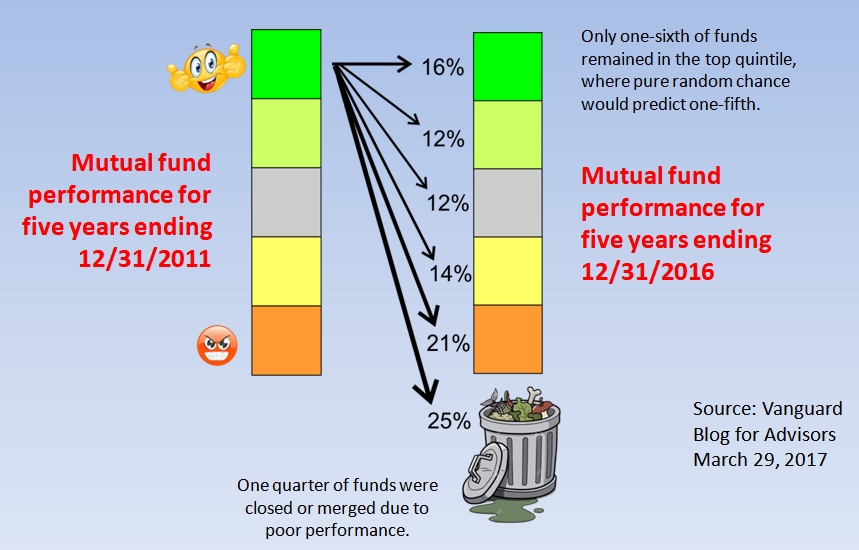What time frame are you looking at for that particular portfolio? They have 2 dividend portfolios, one Growth and one Dividend Yield. Both seem to beat their respective indices.Their dividend portfolio of 40 stocks had returns much lower than the s&p 500 so the risk is likely to be less also. It may be that the concentration on dividend payers is hurting the total return. I looked at their returns on that portfolio and was disappointed.
You also have to look at their standard deviation and compare to their indices used for their model. The data I was presented shows their Dividend Growth beating both the S&P 500 and the Russel 1000 value, with lower risk (deviation) AND better YTD, 1yr, and 3yr, performance, but not since inception. The Core Equity has beaten the S&P 500 since inception but fell slightly short in 7yr and 10yr, per the one set of data provided. If they perform on par with the S&P with lower risk, as they demonstrate in their presentation, they would we worth the chance.
The one thing I keep looking at is their standard deviation of return which is much lower than the S&P 500, and what you hope you pay for in a managed account. I am looking at their Core Equity stocks primarily.


